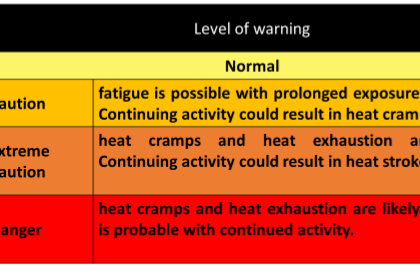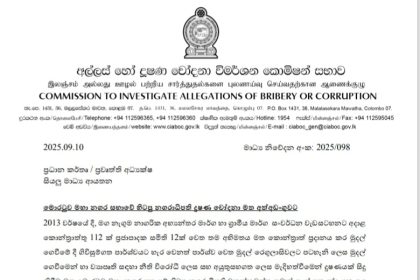Thursday 11th September, 2025
Nepal will be really lucky if it can arrest its rapid descent into anarchy, with the military struggling to bring order out of chaos. It has become rudderless without a government, and the so-called Gen Z uprising has led to arson attacks on Parliament, the Supreme Court, iconic edifices and the houses of political leaders. About 20 people have been killed during protests. A former Prime Minister’s wife was burnt alive inside her house; she succumbed to her injuries in hospital.
Violent uprisings have apparently become contagious in this part of the world, with one protest movement inspiring another across borders. Thankfully, Sri Lanka’s Parliament remained safe during the 2022 Aragalaya uprising. But protesters in Bangladesh went a step ahead and stormed their Parliament. The Nepalese youth have gone even further and carried out arson attacks on both Parliament and the Supreme Court. Thus, in Nepal, all three branches of government have come under mob attacks.
A protesting Nepalese youth was shown on television, flashing the victory sign and claiming, “We have won!” The protesters may have won, but theirs is certainly a pyrrhic victory. It will be years before Nepal comes out of the current crisis. The economic loss of the uprising and the attendant devastation must be incalculable. The protesters’ consternation was understandable, but they should have stopped the attacks when the government gave in to their pressure and lifted the social media ban; they could have worked towards a regime change through parliamentary means.
The uprising in Nepal was led by the youth, but there were many others instigating violence. The involvement of external forces therein cannot be ruled out. The disastrous social media ban was only a trigger. Pent-up public resentment at the political establishment had turned that country into a tinderbox. Corruption, rising unemployment, economic hardships and ostentatious lifestyles of the political elite have exasperated the Nepalese youth, who reportedly constitute the largest demographic in that country, and are disillusioned with political institutions and politicians. They are known for their ability to translate online dissent into street protests. What we have witnessed in Kathmandu is a mega tsunami of anti-politics and public anger.
Anarchical violence in Nepal may help one get an idea of what would have befallen Sri Lanka if the mobs that took advantage of the 2022 Aragalaya in a bid to capture Parliament had not been stopped in their tracks. The JVP has admitted that it tried to lead protesters to Parliament albeit in vain. If it had succeeded in its endeavour, mobs would have burnt down the parliamentary complex, making economic recovery impossible, and plunging the country into anarchy. Luckily, the military made a decisive intervention. Parliament remained functional and elected an interim President; a host of tough, unpopular decisions that President Ranil Wickremesinghe was bold enough to make helped straighten up the economy and bring the situation under control. It is a supreme irony that the JVP is currently in power.
The practice of protesters ousting democratically elected governments through uprisings poses an existential threat to democracy as it undermines electoral legitimacy and constitutional processes. Sadly, governments create conditions for mass agitations by suppressing democratic dissent and failing to live up to people’s expectations. Rhetoric and political circuses are of little use in assuaging public anger, which is rocket fuel to uprisings.
Sri Lankan politicians do not care to learn from others’ experience. The JVP-led NPP government is apparently labouring under the misconception that since it has received a mammoth mandate from the people, it is free to do as it pleases. Mandates are temporary and come to nought when the resentful people choose to exercise their sovereignty in the streets. We saw that happen in this country in 2022, and a far worse situation is unfolding in Nepal. When channels of democratic dissent are blocked, public resentment wells-up and finds expression in violent protests.
The NPP government has refused to allow a no-faith motion against Deputy Defence Minister Maj. Gen. (retd.) Aruna Jayasekera to be taken up. It has trotted out some lame excuses for its decision and left the Opposition with no option but to shift the latter’s campaign against the Deputy Defence Minister out of Parliament.
Protests tend to snowball, and, when fuelled by public anger, they spin out of control. Politicians who let power go to their heads, stifle democratic dissent and trifle with public opinion play with fire.






